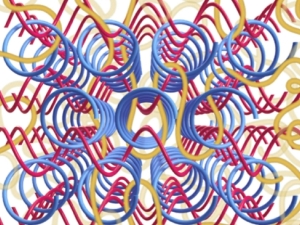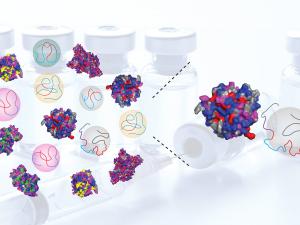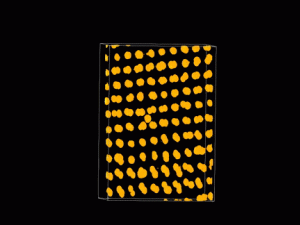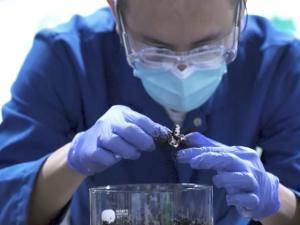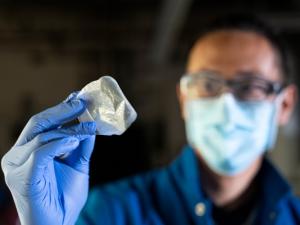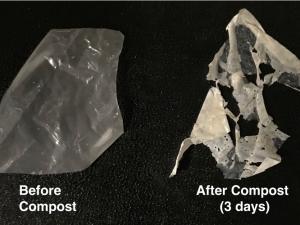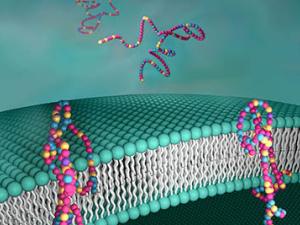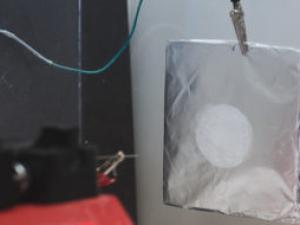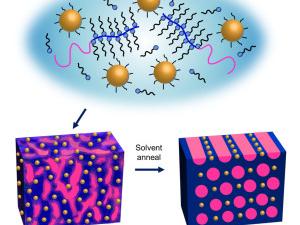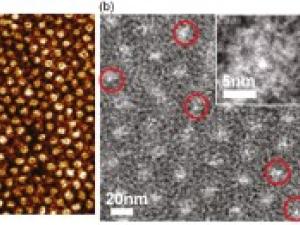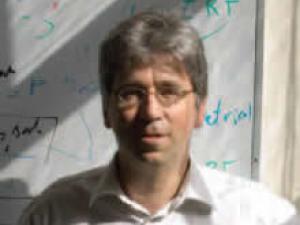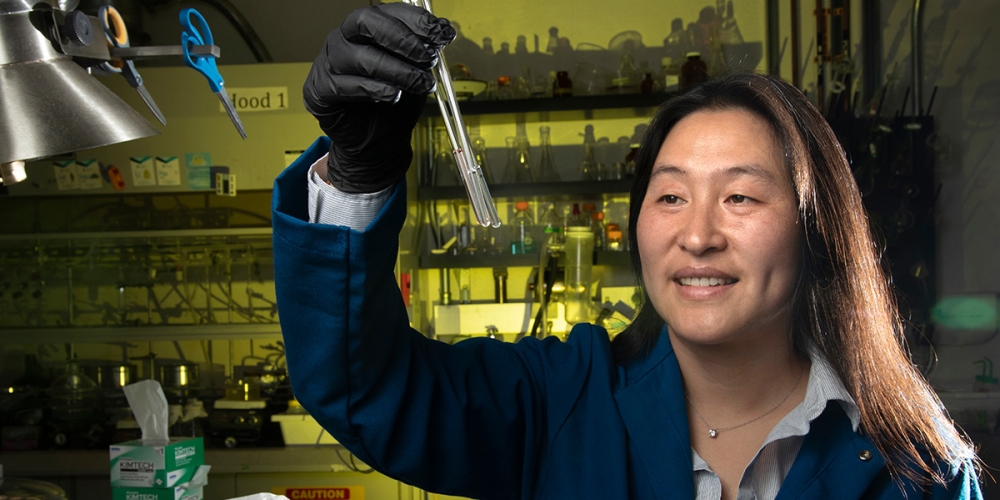

Research Expertise and Interest
polymer, nanocomposite, biomaterial, membrane, directed self-assembly, drug delivery, protein therapeutics, block copolymers, nanoparticles
Research Description
Ting Xu is a Professor in the Department of Chemistry and the Department of Materials Science and Engineering.
The key to future technology is the design and fabrication of functional materials having structures ordered down to the molecular level. This goal can't be reached by conventional "top-down" approaches and remains as the "holy grail" using synthetic materials such as block copolymers. In addition, there have been limitations in the functionalization of these nanostructured materials. On the other hand, nature has made a dizzying array of materials using a few building blocks. Remarkable progress has been made in de novo protein design and various peptides have been designed with well-defined structure-sequence relationship and are able to mimic or exceed natural protein functions with much more simple, yet robust, structures. Researches in Xu's group take advantage of the recent developments in de novo protein design and peptidomimetics, polymer science and nanoparticles synthesis and manipulation, and use designed peptides and proteins in concert with the self-assembly of block copolymers, conjugated molecule and nanoparticles as platforms to generate nanostructured materials. Her group aims to generate hierarchical structures spanning multi-length scales down to few nanometers with built-in biological, electrical and magnetic functionalities. Her research group focuses on a fundamental understanding of the physics of assemblage on multiple length scales leading to the design and assembly of functional thin films with tailored functionalities.
In the News
Molecular Weaving Makes Polymer Composites Stronger Without Compromising Function
Can Synthetic Polymers Replace the Body’s Natural Proteins?
With a Little Help, New Optical Material Assembles Itself
VIDEO: How to make plastic truly biodegradable
A new technique could make some plastic trash compostable at home
New process makes ‘biodegradable’ plastics truly compostable
Lab-made proteins mimic cellular gatekeepers
Five innovators join the ranks of the Bakar Fellows
Researchers create a protein ‘mat’ that can soak up pollution
Berkeley Lab Researchers Create Nanoparticle Thin Films that Self-assemble in One Minute
Berkeley Lab researchers have devised a technique whereby self-assembling nanoparticle arrays can form a highly ordered thin film over macroscopic distances in one minute.
Self-assembling nanorods
Berkeley Lab researchers have developed a relatively fast, easy and inexpensive technique for inducing nanorods to self-assemble into aligned and ordered macroscopic structures.
Polymer membranes with molecular-sized channels that assemble themselves
Many futurists envision a world in which polymer membranes with molecular-sized channels are used to capture carbon, produce solar-based fuels, or desalinate seawater, among many other functions. This will require methods by which such membranes can be readily fabricated in bulk quantities. A technique representing a significant first step down that road has now been successfully demonstrated. Berkeley Lab and UC Berkeley researchers — led by materials scientist Ting Xu — have developed a solution-based method for inducing the self-assembly of flexible polymer membranes with highly aligned subnanometer channels.
Capturing carbon
Researchers at Berkeley and other universities to find ways to capture carbon dioxide, produced by burning coal and natural gas, from the waste stream of power plants so that it can be sequestered underground.
